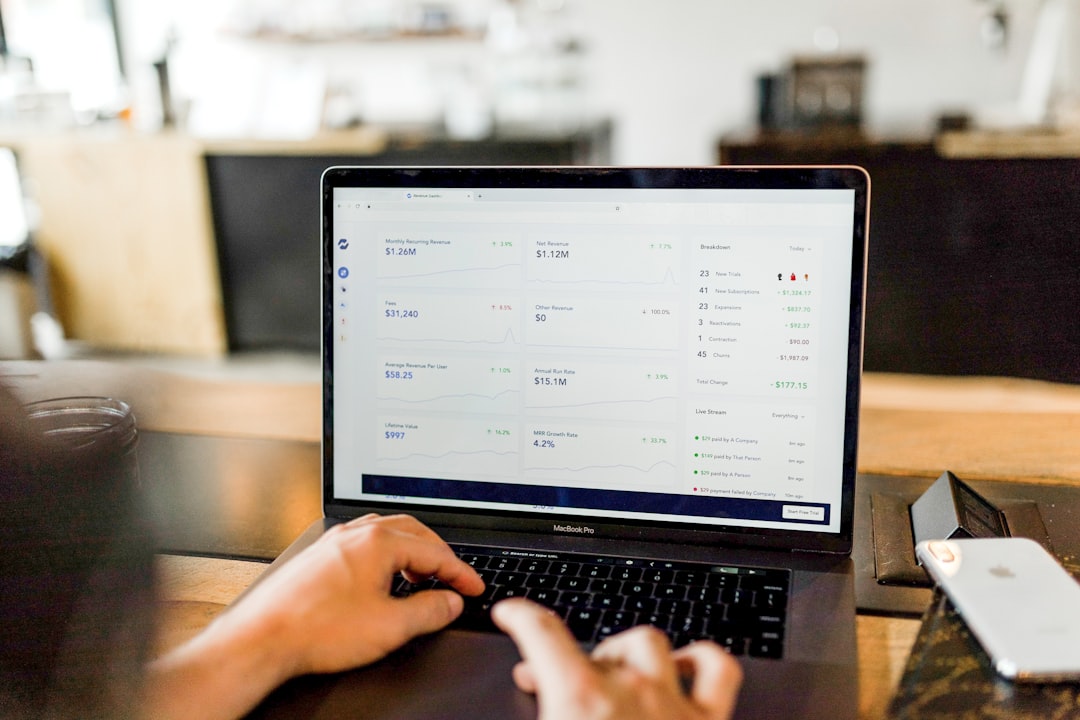The impact of website speed on user experience and SEO
The Impact of Website Speed on User Experience and SEO
Website speed is a critical factor that can significantly impact both user experience and search engine optimization (SEO). In today's fast-paced digital world, users expect websites to load quickly and efficiently. If a website takes too long to load, users are more likely to abandon it and move on to a competitor's site. This not only leads to a poor user experience but also negatively affects the website's SEO ranking.
User Experience
When it comes to user experience, website speed plays a crucial role. Studies have shown that users have little patience for slow-loading websites. In fact, a delay of just a few seconds can lead to a significant increase in bounce rates. Users want instant access to the information they are looking for, and if a website fails to deliver, they are likely to leave and never return.
Slow-loading websites also have a negative impact on user engagement. Users are less likely to explore a site or interact with its content if they have to wait for pages to load. This can result in lower page views, decreased time spent on the site, and ultimately, lower conversion rates.

SEO
Website speed is not only important for user experience but also for SEO. Search engines like Google consider website speed as one of the ranking factors. Websites that load quickly are more likely to rank higher in search engine results pages (SERPs) compared to slower websites.
Google has explicitly stated that website speed is a ranking factor, and slower websites may be penalized in terms of search visibility. This means that even if your website has great content and relevant keywords, it may still struggle to rank well if it takes too long to load.
Furthermore, website speed affects other SEO metrics such as crawlability and indexing. Search engine bots have a limited time allocated for crawling a website, and if your website takes too long to load, it may not be fully crawled, resulting in incomplete indexing.
Improving Website Speed
To improve website speed and enhance user experience and SEO, there are several steps you can take:
- Optimize images: Compress and resize images to reduce their file size without compromising quality.
- Minify code: Remove unnecessary characters, spaces, and line breaks from your HTML, CSS, and JavaScript files to reduce their size.
- Enable browser caching: Set expiration headers for static resources to allow browsers to cache them, reducing the need for repeated downloads.
- Utilize content delivery networks (CDNs): CDNs distribute your website's content across multiple servers, reducing the distance between the user and the server and improving load times.
- Choose a reliable hosting provider: Opt for a hosting provider that offers fast and reliable servers to ensure your website loads quickly.
By implementing these measures, you can significantly improve your website's speed, resulting in a better user experience and improved SEO performance.

Conclusion
Website speed is a critical factor that affects both user experience and SEO. Slow-loading websites lead to higher bounce rates, decreased user engagement, and lower conversion rates. Additionally, search engines consider website speed as a ranking factor, penalizing slower websites in search results. By optimizing website speed, you can provide a better user experience, increase engagement, and improve your website's SEO performance.
